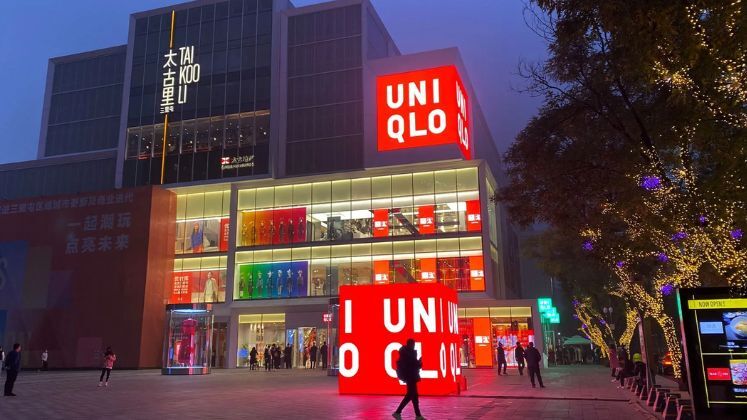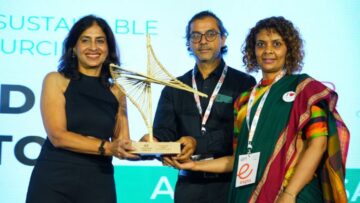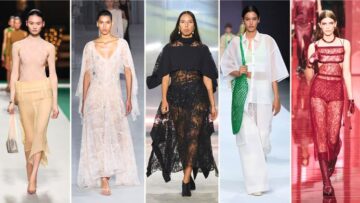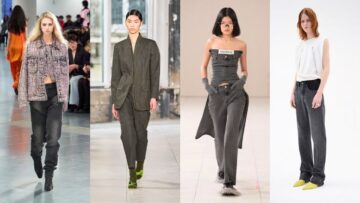
The CEO of the apparel company’s owner stated that Uniqlo does not obtain cotton from Xinjiang, China, which has been accused of forced labour in recent years, sparking demands for a consumer boycott of the casual wear behemoth in China.
In an interview with the British Broadcasting Corporation in Tokyo, Tadashi Yanai, the CEO of Fast Retailing, made the remark. On the Chinese social networking site Weibo, Yanai’s tweet went viral with two hashtags, and many users criticised the brand and pledged never to buy its goods again.
With over 900 locations on the mainland, China is Fast Retailing’s largest international market. More than 20 percent of the company’s income comes from Greater China, which includes Taiwan and Hong Kong.
For international companies with a significant presence in China, the geopolitical minefield of sourcing from Xinjiang has proved problematic. This was exemplified by the 2021 Chinese consumer boycott of H&M, Uniqlo’s competitor, when the retailer released a statement on its website expressing concern over claims of forced labour in Xinjiang and announcing that it would no longer acquire cotton from the region.
Although other Western brands like Nike, Puma, Burberry, and others were also involved in the controversy, H&M took the brunt of consumer ire at companies that refused to source cotton from Xinjiang, having its stores removed from major e-commerce platforms and its store locations moved from map apps in China.






